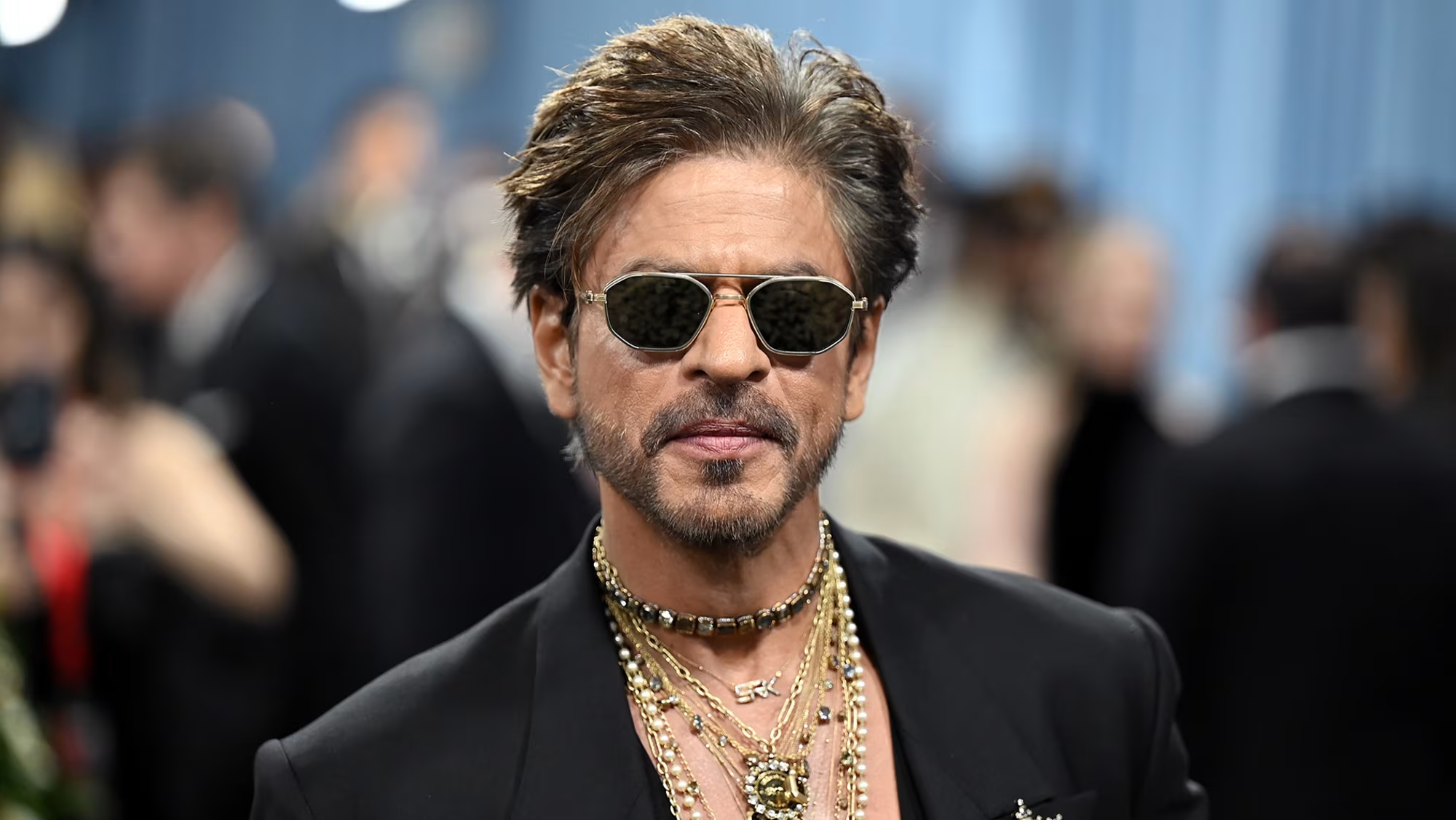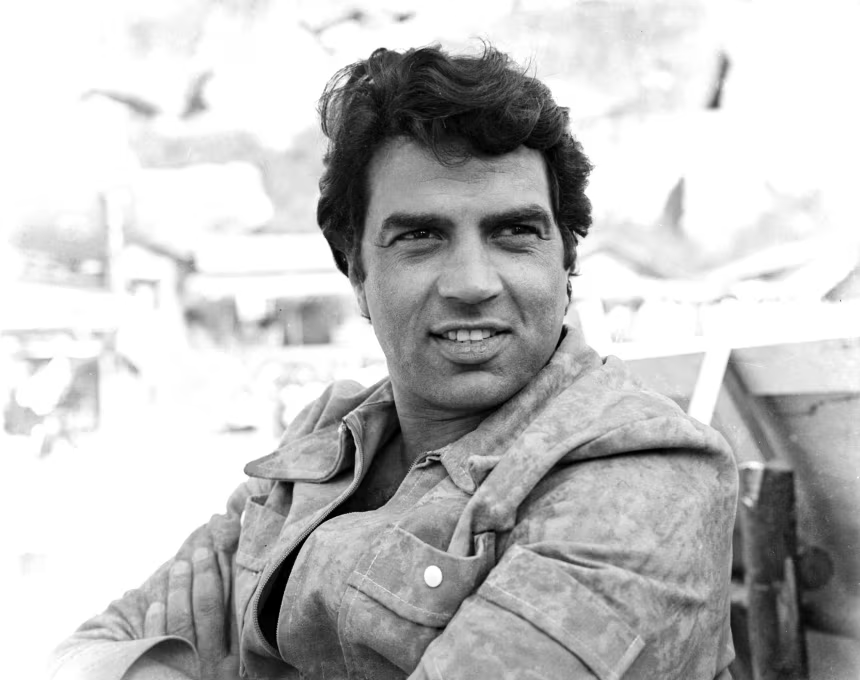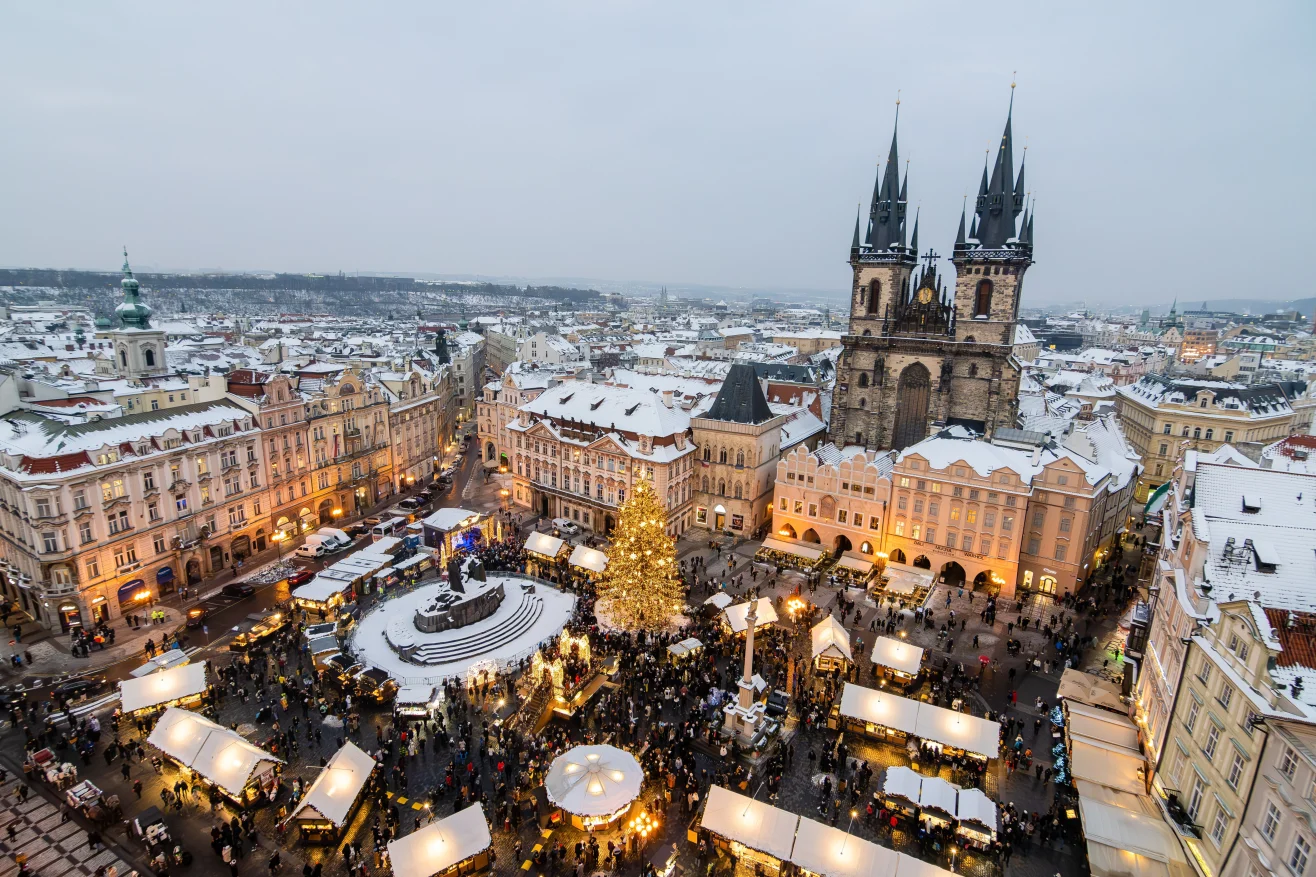Now Reading: Shah Rukh Khan at 60: The Last of India’s Mythic Superstars and an Era That May Never Return
-
01
Shah Rukh Khan at 60: The Last of India’s Mythic Superstars and an Era That May Never Return
Shah Rukh Khan at 60: The Last of India’s Mythic Superstars and an Era That May Never Return

Crowds surged once again outside Shah Rukh Khan’s seaside mansion in Mumbai — a yearly ritual now synonymous with the superstar’s birthday. They arrived before dawn, traveling from the narrow lanes of India’s financial capital and from faraway towns, all hoping for a fleeting moment in the presence of the man millions call “King Khan.”
Teenagers pressed against barricades, middle-aged women clutched posters of the roles that defined their youth, and men spoke of a self-made hero whose rise mirrored their own dreams. At 60, Khan remains a cultural colossus, and the scenes outside his home last week underscored a reality many inside India’s film industry now accept: this level of stardom may never be replicated.
Fans wore masks and T-shirts emblazoned with his face, chanting birthday wishes in the hope of witnessing Khan’s signature gesture — arms flung wide in a cinematic embrace that has become a symbol of modern Bollywood romance.
“I’ve loved him for so long,” a young admirer told local reporters. “Happy birthday, Shah Rukh brother.” Another fan said he has made the pilgrimage every year: “I’ve watched all his films. I’ve been his fan since I was born.”
Khan’s ascent coincided with one of the most transformative periods in India’s history. As the country opened its economy in the early 1990s, breaking from decades of protectionism, a new middle class emerged. Satellite television exploded, global brands swept in, and a powerful idea took hold: anyone could rise.
Into this moment walked a young outsider from Delhi — sharp-witted, ambitious, and far removed from Bollywood’s dynastic families.
A Muslim boy from a modest neighborhood, Khan often speaks of a childhood rich in intellect but strained financially. His father, Meer Taj Mohammed, was a lawyer and independence activist who struggled to keep businesses afloat. His mother, Lateef Fatima, anchored the home amid constant setbacks.
“I come from a very normal lower-middle-class family. I saw a lot of failure,” he told Yale University in 2012, reflecting on his father’s “beautiful, successful failure.” Poverty, he said, “entails fear and stress and sometimes depression.”
He found solace in performance. By 23, he had become a household name on television through the popular series Fauji. But personal tragedy reshaped his path: the deaths of both parents prompted him to leave Delhi.
“I was sad,” he said in a 2008 CNN interview. “I came to Mumbai for a change of scene. I never planned to be a movie star — I became one by chance.”
The annual spectacle at Mannat, his famed residence whose name means “a prayer answered,” is a relic of a cinematic era when films — and their stars — commanded near-religious devotion.
But that era is fading, according to a recent IMDb analysis of 25 years of Indian cinema. With streaming platforms splintering audiences, politics polarizing conversations, and social media democratizing fame, the idea of a singular, unifying superstar is increasingly elusive.
“As stars become more relatable and fandom less devotional, the star-fan contract is less sacrosanct today,” the report noted, concluding bluntly: “It’s time to stop searching for the next Shah Rukh Khan.”
For the thousands gathered outside Mannat, however, the search was never the point. They came for the man who shaped their stories, defined their dreams, and offered — even for a moment — the reassurance that an ordinary boy from any Indian neighborhood could become a global phenomenon.
And as SRK steps into his seventh decade, those fans may well be witnessing not just a celebration, but the twilight of India’s last mythic superstar.


